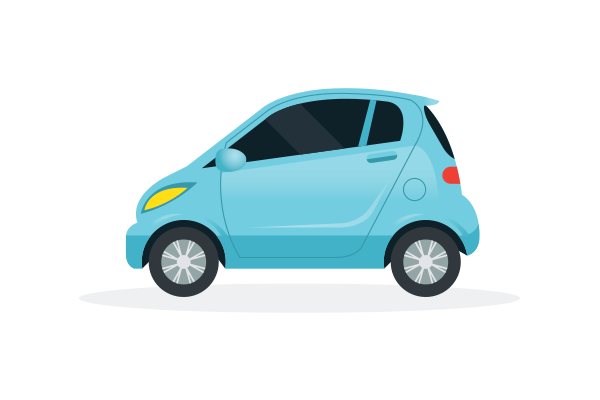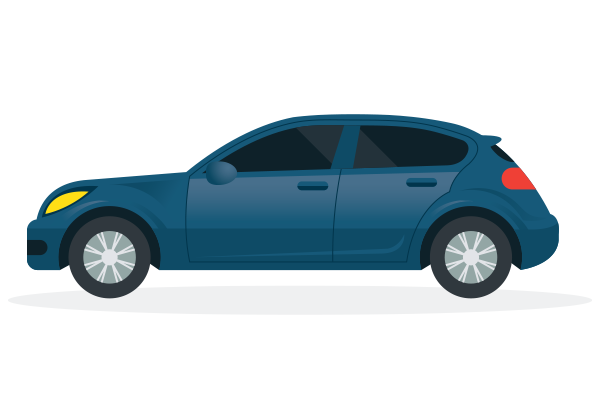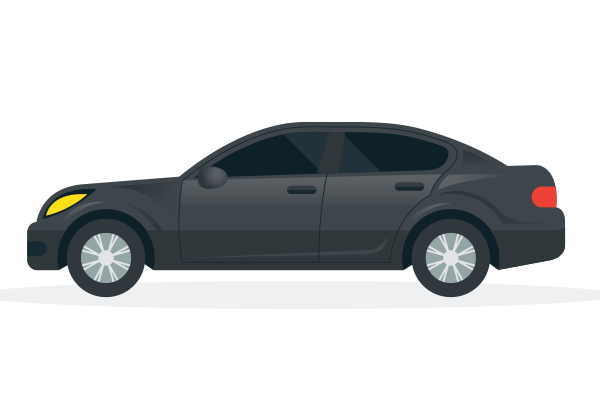FAQ’s on Electric Cars
Following our expansion of our Electric Vehicle (BEV) range, we’ve had quite a lot of Questions from our clients, who are looking into using our short-term csr solutions to help with their journey from Petrol/Diesel to Hybrid to Fully Electric.
There are various ways to charge your Electric Car at home, but where you live, may cause the difficulties.
If you have a driveway or a parking area near to your house, you can plug your electric car into a 240v socket, but this may prove a slow process.
Using a 240v domestic plug could take upto 24 hours depending on your vehicle, with a minimum time of 8 hours.
If you are taking a short-term car from ourselves for more than 6 months, you may qualify for the OLEV grant so that you can get a wall box installed with a higher rated charger to top your car up quicker for less.
A faster charge can take between 4 and 12 hours depending on the vehicle.
If you want to charge your vehicle on a regular basis, it may be worth while looking at an electric tariff such as Octopus Energy (Save £50 using our link*)
The cost of charging your EV car at home will depend on the make/model you have. Vehicles with smaller batteries (shorter ranges) will cost less to top up.
The cost to charge the vehicle depends on your electricity tariff and it is highly recommended to look at those energy firms who offer Electric Vehicle tariffs or those that offer Economy 7.
We have mentioned Octopus above which offers the Agile tariff, this is based on wholesale prices and depending on your charger, you can tell the vehicle to charge at the cheaper rates.
Which and consumer organisation, has estimated that the average driver will use between £450 and £750 of additional electricity per annum. This will show a huge cost advantage over traditional Petrol/Diesel vehicles.
The majority of all Public Chargers is accessible to Electric Car Owners, with the exception of Tesla which are currently Tesla Owners only.
There are lots of different companies offering Public Charging and to find the best ‘fit’ we recommend installing an app called Zap-Map. It tells you where the chargers are, the type of plug and the company it belongs to.
You may be required to download individual apps for some of the charging stations, create accounts or even sign up to a monthly fee. We highly recommend Instavolt Chargers and Shell Chargers which just require payment via a contactless card or Apple Pay.
Costs vary depending on the company you use and the location. Time to charge can also vary but Tesla’s and its Supercharger network can charge your car to 80% in 30 minutes.
Local authorities are pushing charging out in the community., see below.
Yes, many of the local authorities are installing public chargers in general parking areas and even within lamposts, which is ideal for those that don’t have driveaways or live in apartments.
There is also a company who are looking at installing chargers in the gound and raise up, when you’re ready to use them.
Its worth having a look at your local authorities website for details on their plans for EV chargers.
Yes, you can fit Electric Chargers at the workplace, either for your own electric car or for employees or clients to use.
There are various incentives and grants available for the installation of charges for the workplace and we would recommend your first port of call being your local authority/council.
We recommend to future proof your workplace and having as many chargers as viably possible installed at the same time.
If you use a workplace charger then you will currently pay no Benefit in Kind tax to charge your electric vehicle’s battery up.
This may change in the future and is correct as of the 23rd November 2020.
The range of an Electric Vehicle all depends on the make/model of the car chosen and the specification.
The range is also like the petrol/diesel vehicles, where, the way you drive the car can determine the range of the vehicle. The faster you drive the car, the quicker the battery depletes.
Please find below a few electric vehicles and their anticipated range:
– BMW i3 120 Ah – 182 miles
– Hyundai IONIQ – 193 miles
– Nissan Leaf e+ – 239 miles
– Kia e Niro – 281 miles
– Jaguar I-Pace – 292 miles
– Tesla Model 3 SR+ – 254 miles
– Tesla Model 3 Long Range – 348 miles
– Vauxhall Corsa e – 209 miles
Source: SMMT
The life of the battery can depend on the vehicle and the way you charge and care for it.
Most batteries in cars are lithium-based. Just like your smartphone, the way you charge the battery will determine how long your battery lasts and the car’s battery will degrade over time.
It is recommended that you don’t continually use rapid chargers and that you only charge to 80-90% unless you are doing a long trip.
Most vehicle manufacturers offer a long warranty. Most batteries should last between 8 to 10 years.
The recent announcement from the Government on the ban of sales of Diesel and Petrol cars from 2030, will mean that more and more people will want to make the switch sooner than later to fully electric cars.
We offer Electric Vehicles on a short-term basis, so that you can evaluate them and see how they will fit into your business or day-to-day life? No long-term commitments.
See our Short-Term Electric Cars for further details.
The post Questions and Answers on Electric Cars appeared first on Cocoon Vehicles Ltd.








